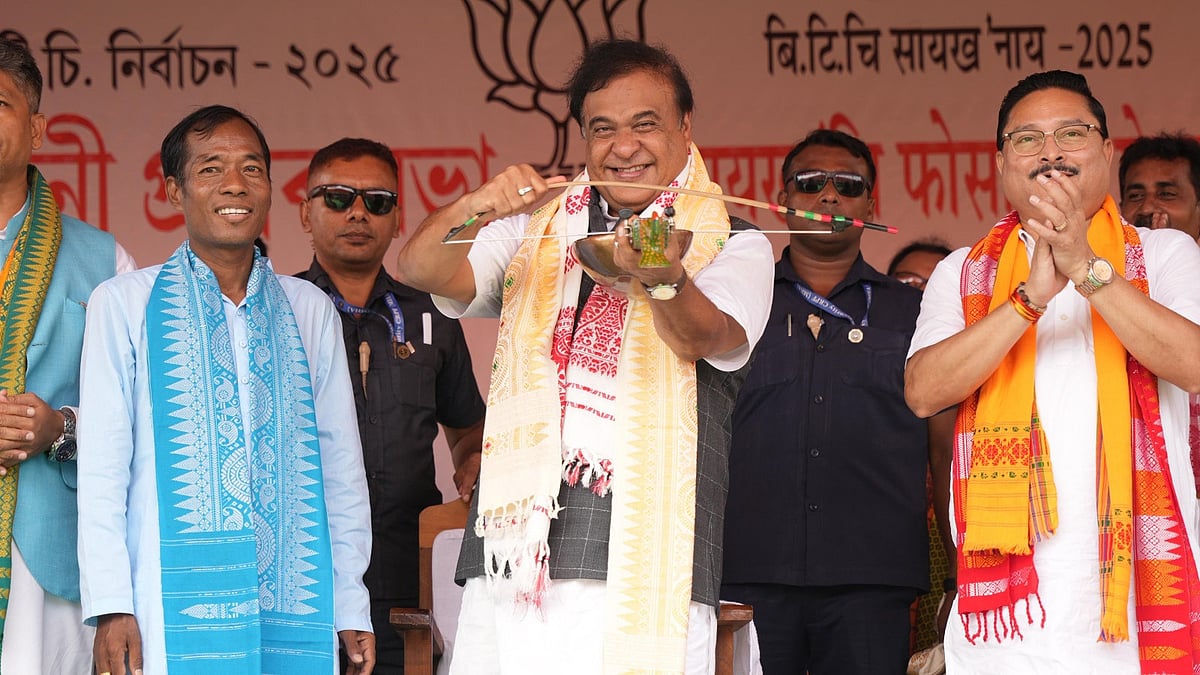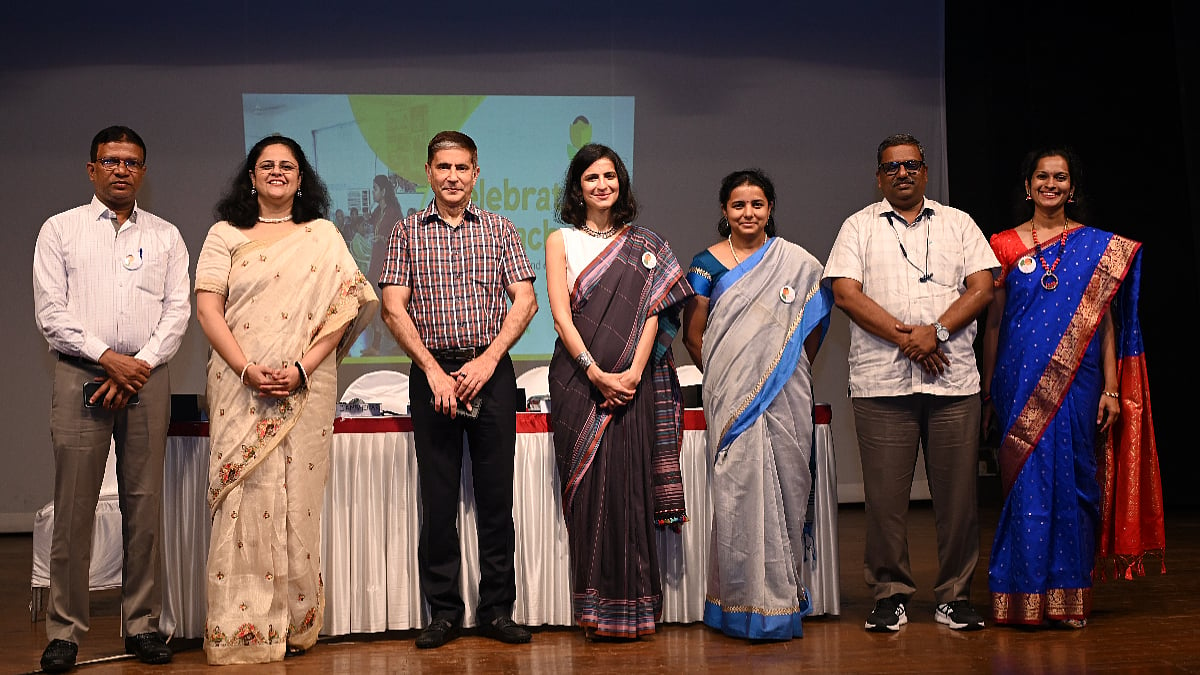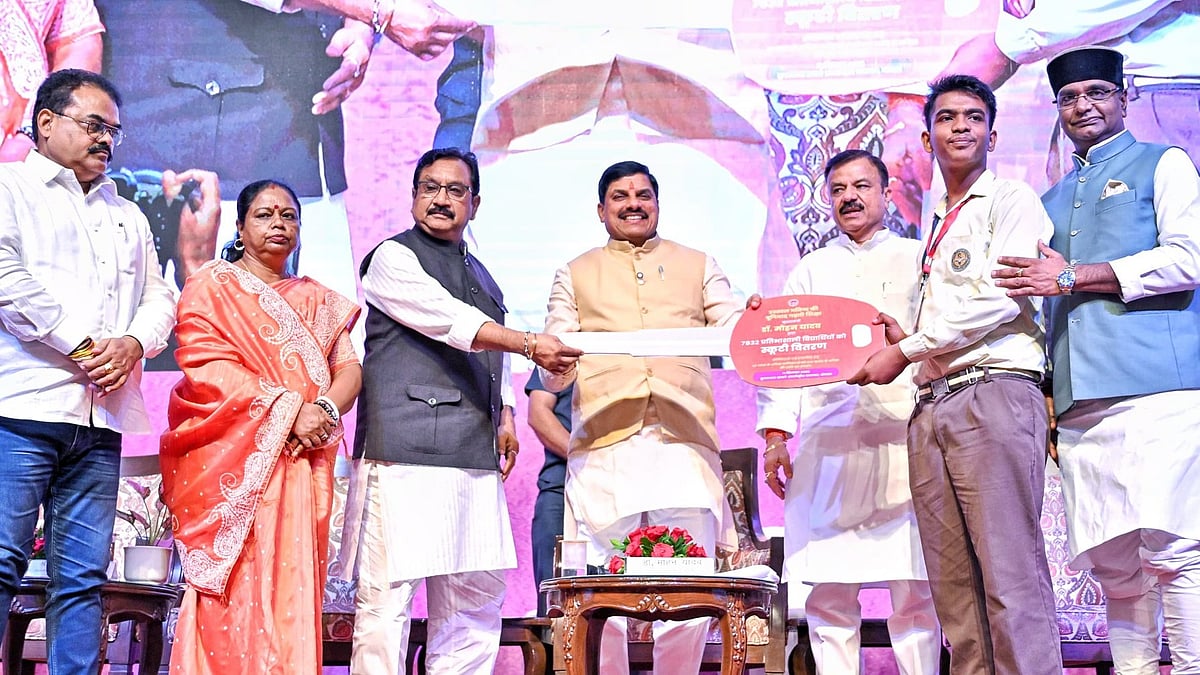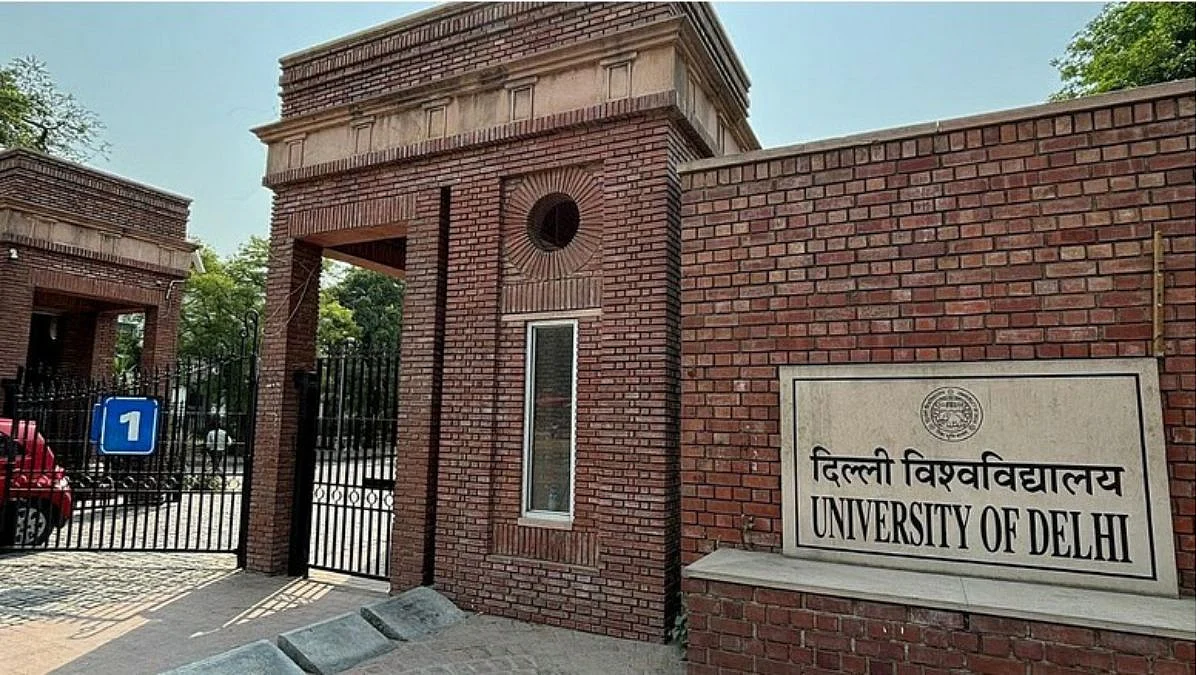The Supreme Court has issued a temporary hold on the National Commission for Protection of Child Rights (NCPCR) recommendations regarding madrassas.
The Court stayed recent orders by the Uttar Pradesh and Tripura governments, which directed the transfer of students from unrecognised madrasas, as well as non-Muslim students studying in government-aided madrasas, to government schools.
The NCPCR had suggested cutting off state funding to madrassas that don't comply with the Right to Education (RTE) Act. However, this move faced significant political backlash.
Background:
Jamiat Ulama-i-Hind had filed a plea challenging the Uttar Pradesh government’s order, arguing it violates minority rights to manage educational institutions. The order was based on a National Commission for Protection of Child Rights (NCPCR) letter.
The Supreme Court, led by Chief Justice D Y Chandrachud, took note and issued notices to the Centre and states, seeking a response within four weeks.
The Court stayed consequential state orders and allowed Jamiat Ulama-i-Hind to include other states in the petition. NCPCR claims madrasas don't provide quality education, violating the Right to Education Act.
The affidavit stated, "Madrasas do not provide the essential elements for a good education, leaving children deprived of not only suitable education but also a healthy environment and better growth opportunities."
(With inputs from PTI)










